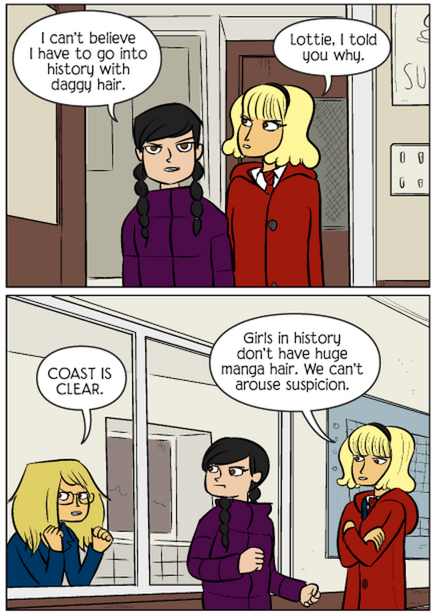Amber Woodward, an attorney for the federal government living in Dallas, TX (originally from the Kansas City area), recently had a run-in with her father-in-law when she called him "ornery". I'll let her tell her own story in a moment, but first I want to say that I personally never use "ornery" in a pejorative sense. In fact, I always use it to convey affection. For example, if I say "ornery little fellow" about a child, I mean that he is mischievous but loveable, and I'll go up and hug him after I call him that. If I say it about an animal (e.g., "ornery critter"), I intend to convey the notion that I respect it for its strength, agility, wiliness, etc., not that I despise it for being hard to handle. Even when I declare that someone is an "ornery old cuss", I usually want to let him know that I like him for being the curmudgeon that he is (cf. this Language Log comment [near the end, in red]).
By the way, I normally pronounce "ornery" with three syllables, but occasionally will lapse into two syllables ("orn-ree") when I'm relaxed or in a hurry. Oh, yeah, I'm from Ohio.
The Visual Thesaurus gives "cantankerous; crotchety" as first level synonyms for "ornery", and pronounces the word with three syllables. These seem to be standard for dictionary definitions of the word.
Read the rest of this entry »
 I don't have much to say about the latest tempest in a teapot over the non-literal use of "literally." It started, as such things often do these days, on Reddit, where a participant in the
I don't have much to say about the latest tempest in a teapot over the non-literal use of "literally." It started, as such things often do these days, on Reddit, where a participant in the 